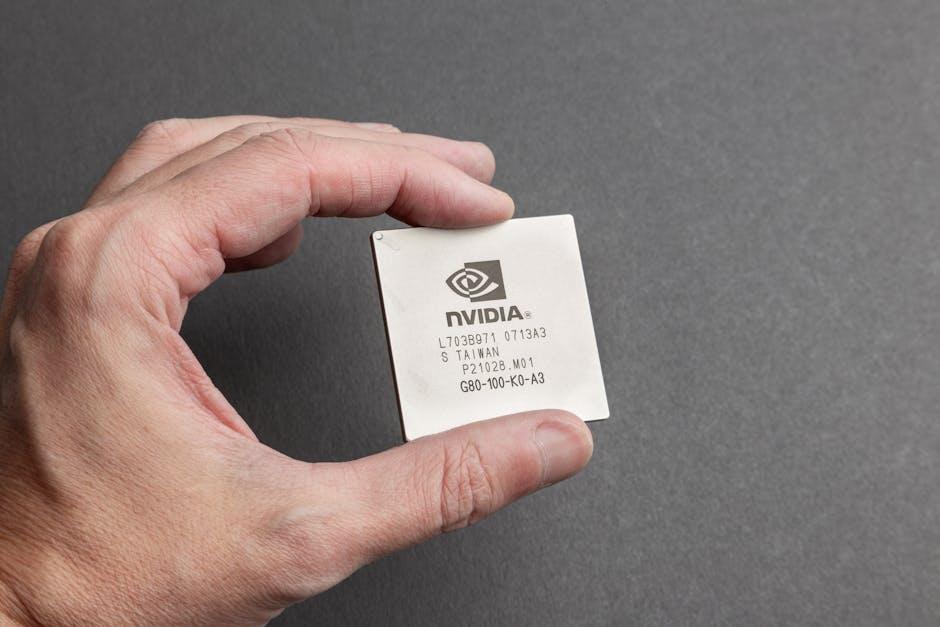In a world where artificial intelligence (AI) is rapidly transforming various industries, OpenAI, a leading research institute, is boldly taking a step further by venturing into chip development. The organization recently announced its plans to design and manufacture its own AI chip, showcasing yet another ambitious move to revolutionize the field of AI.
OpenAI, founded in 2015 by tech visionaries Elon Musk and Sam Altman, has consistently shown its commitment to advancing AI research. The institute has been at the forefront of cutting-edge AI development, having produced remarkable breakthroughs in natural language processing, reinforcement learning, and robotics. By focusing on the development of its own AI hardware, OpenAI aims to exercise greater control over the underlying technology that powers its innovative applications.
The journey towards building an AI chip is a complex one, requiring extensive research, engineering expertise, and substantial financial investment. OpenAI has been collaborating with various chip manufacturers and working closely with semiconductor experts to understand the intricacies of chip design. With a dedicated team of hardware engineers, the organization is determined to develop a chip that is specifically tailored to maximize the performance of AI algorithms.
Designing an efficient AI chip entails overcoming several challenges. Traditional chips, commonly used in computers and mobile devices, are not optimized for AI computations. AI algorithms, which involve heavy calculations and vast amounts of data processing, require specialized hardware that can perform these tasks at lightning speed. OpenAI aims to create a chip that maximizes computational throughput while minimizing power consumption, allowing for faster and more energy-efficient AI applications.
By developing its own AI chip, OpenAI aims to gain a competitive advantage in the AI market. Currently, AI developers rely heavily on hardware from companies like NVIDIA, which provides powerful GPUs that accelerate AI computations. However, OpenAI’s decision to build its own chip signals an opportunity to take more control over the AI infrastructure, reducing dependency on external hardware providers.
The potential applications of OpenAI’s AI chip are vast and exciting. In addition to powering the institute’s own research projects, the chip could be made available to external developers, enabling them to build their AI applications on OpenAI’s platform. This move has the potential to spur further innovation and development within the AI community. New apps could be developed with greater computational power, allowing for faster and more complex AI models, and opening up possibilities for entirely new use cases across industries such as healthcare, finance, and entertainment.
OpenAI’s progress in chip development aligns with its commitment to democratizing AI. By creating its own hardware, the organization aims to make AI more accessible and affordable for a wider range of users. As the technology becomes more decentralized, startups and smaller companies with limited resources will have the opportunity to leverage OpenAI’s chip to develop their own AI-driven applications.
While OpenAI edges closer to producing its first AI chip, the organization acknowledges the expertise and contribution of industry partners. Collaborating with established chip manufacturers allows OpenAI to leverage their deep knowledge and manufacturing capabilities, ensuring the successful production of a high-quality AI chip. This synergy between research organizations and industry players is crucial in accelerating the adoption and impact of AI in various fields.
As OpenAI continues to make strides in chip development, it sets the stage for a new era of AI innovation. By gaining control over its hardware, the research institute has the potential to revolutionize the AI landscape and propel the development of groundbreaking applications. Whether it’s enabling advanced natural language processing, enhancing robotics capabilities, or accelerating machine learning algorithms, OpenAI’s foray into chip development promises to power our favorite new apps and reshape the way we interact with AI technologies.

